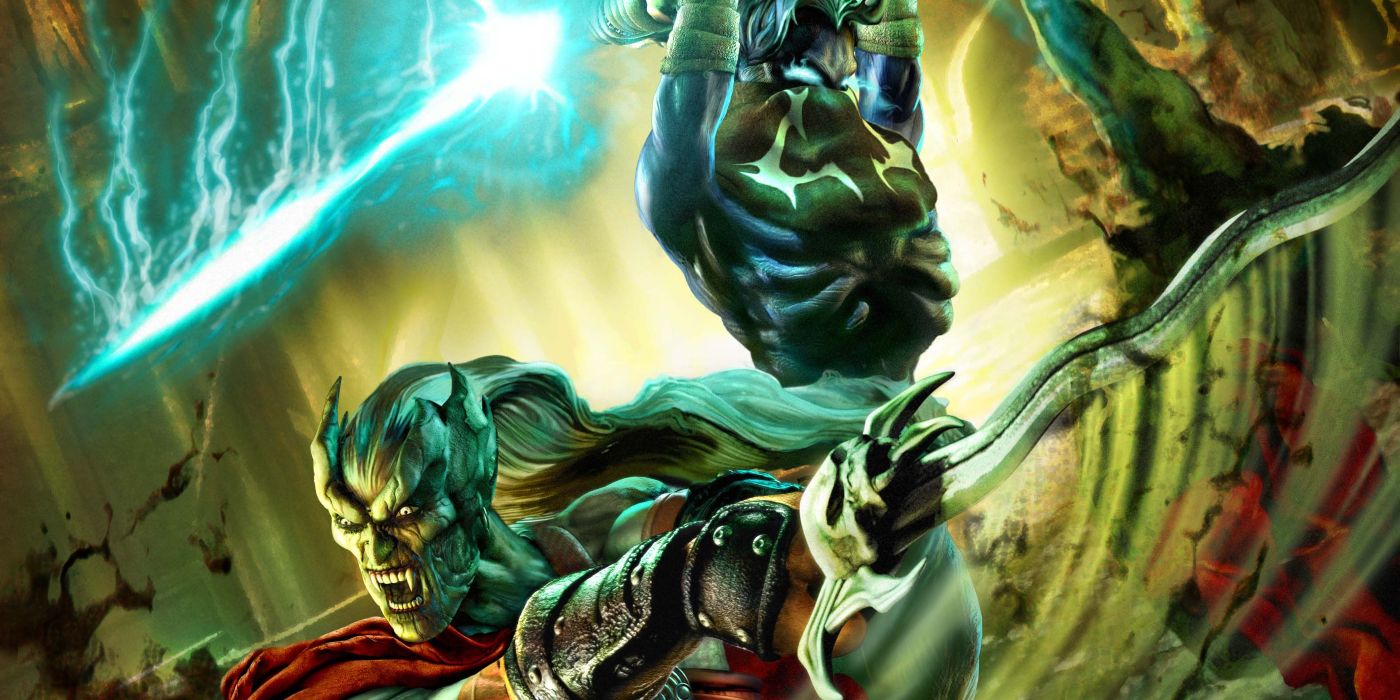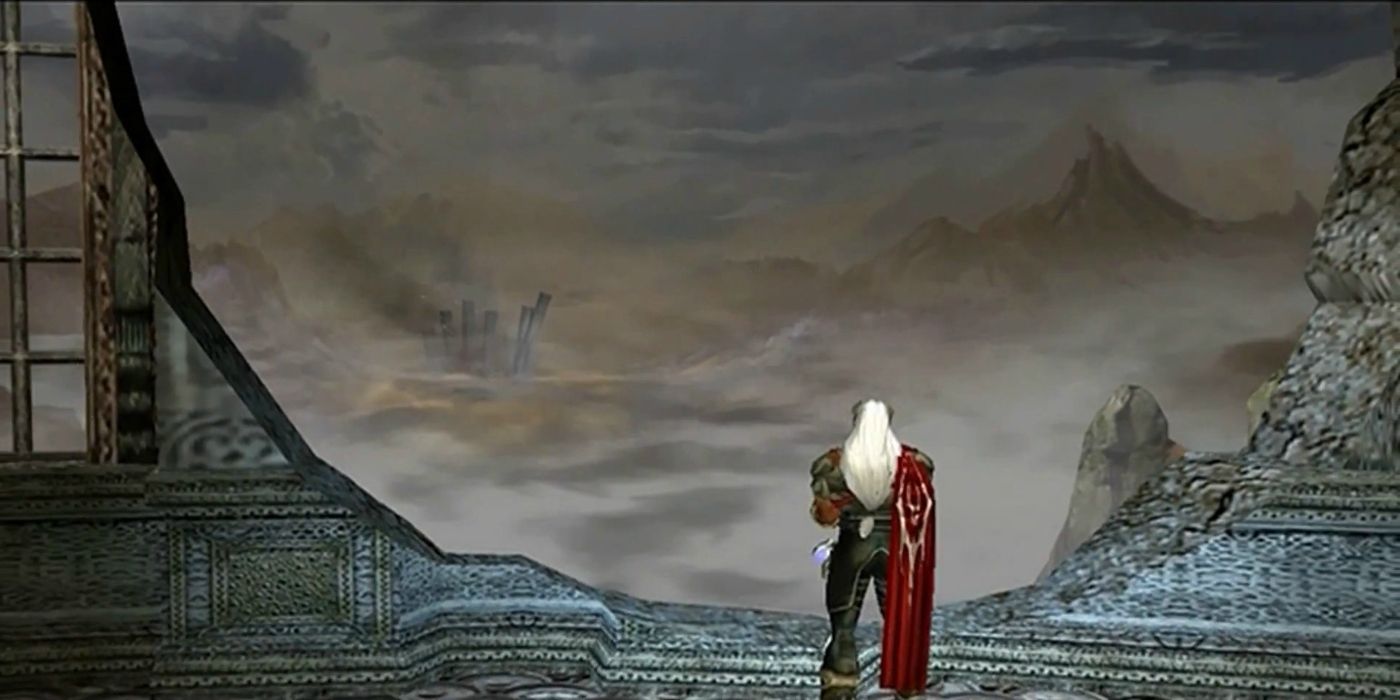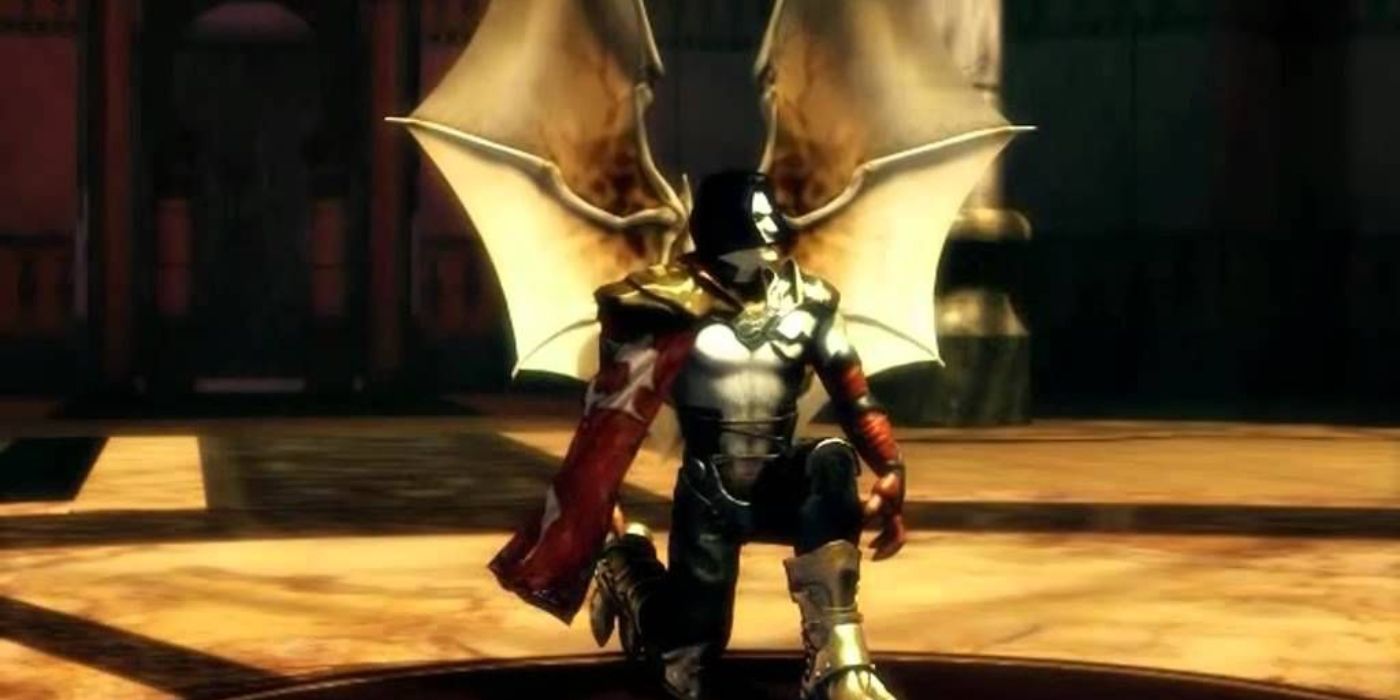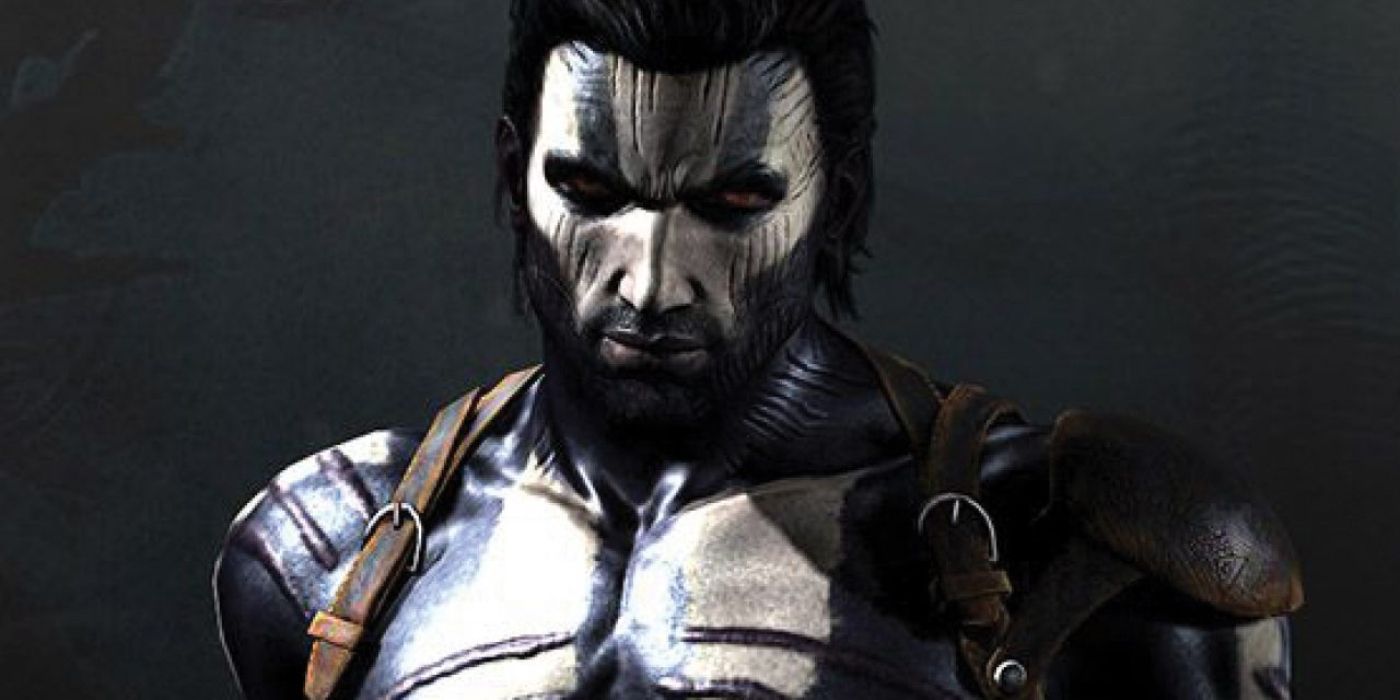From amongst the hordes of video games released in recent years, only a handful have been able to offer gamers a truly memorable experience, and none with as much style and elegance than the Legacy of Kain series, which concluded somewhat abruptly with Legacy of Kain: Defiance in 2004. The relatively small but still enthusiastic fanbase has since been treated to appearances by both Kain and Raziel in other games, but nothing that provided the vampire antiheroes with a proper ending.
The series predominately revolved around Kain, beginning with his transformation from human to vampire in 1996's Blood Omen. This game introduced the Pillars of Nosgoth, its guardians, the Sarafan Priesthood and the inception of the events -- unknowingly instigated by Kain himself -- that plunged Nosgoth into an era of chaos. The 1999 game Soul Reaver introduced Kain's former lieutenant, Raziel, and expanded on these elements, adding greater complexity to this story about humans, vampires, other-worldly invaders called the Hylden and a manipulative Elder God, all tampering with time and destiny in their own mad quests for power, and all of it revolving around the titular Soul Reaver.
While gameplay quality varied significantly from game to game, the series was and continues to be praised for its elaborate story, writing and vocal performances that helped breathe life into the denizens of Nosgoth. Despite the critical reception, gamers have had to go more than 15 years without knowing how or even if Kain managed to restore Nosgoth after defeating the Elder God in Defiance. With just one major enemy left, the series ended. The question is, why?
The truth of the matter is the franchise endured a number of creative and technical challenges throughout its development. For example, series writer and director Amy Hennig has stated in interviews that Soul Reaver had been rushed through development by publisher Eidos Interactive. In an interview with PlayStation.Blog, she explained, "A developer wouldn't think of attempting such a thing in less than three years (minimum), but Eidos wanted the game in less than two." This inevitably led to a number of cuts to Soul Reaver that affected both gameplay and story.
Hennig -- to whom the series arguably owes much of its creative success -- left Crystal Dynamics before development on Legacy of Kain: Defiance had been completed, leaving the story unfinished and relatively uneven in terms of quality. In fact, her departure might also explain the heavily-criticized gameplay of the last installment, which many found to be confusing, tedious and generally frustrating. These major issues, while not necessarily the cause, almost certainly contributed to declining sales.
Legacy of Kain: Defiance wasn't exactly a failure, but it certainly did not fulfill Eidos Interactive's expectations, which caused the publisher to pull the plug on the next game in development at Ritual Entertainment, Legacy of Kain: The Dark Prophecy.
Eidos never officially announced The Dark Prophecy before canceling the game and, unfortunately, there are few details available for what is assumed to be the only attempt at a direct sequel to Defiance. According to artist Daniel Cabuco, the former vampire tyrant would have ventured into the realm of the Hylden to put an end to their threat, once and for all. Concept art suggests that the game would have seen both present-Kain and past-Kain (as depicted in Blood Omen 2) as playable characters, suggesting a planned reconciliation between the different timelines. That still leaves a plethora of unanswered questions, namely those regarding the fate of the Pillars and of the vampire race.
Interest from those dedicated fans was still there, and Eidos knew it. There was just never any certainty regarding how best to move forward. That continued following Eidos' acquisition by Square Enix in 2009.
The Legacy of Kain IP came close to seeing light once again when Climax Studios started work on Legacy of Kain: Dead Sun. However, this was not a sequel per se, but a reboot or retcon of the entire series according to Square Enix Europe community manager George Kelion. The game would have introduced two completely new characters: the vampire Gein and a human named Asher. Ultimately, the game was canceled shortly before it was set to be revealed, as Square Enix felt that the game would not perform well enough to justify its cost. Instead, Square Enix released the Nosgoth MMO, originally conceived as a multiplayer component to Dead Sun.
Fan response to the MMO was largely negative. Aside from its name and small elements in its premise, there was very little connecting it to the Legacy of Kain series, much less its story, which is what fans of the franchise adored the most. As a result, servers shut down after a little over a year in 2016.
If there is one thing that the history of the video game series makes clear, it's that Legacy of Kain fanbase is wholly devoted to the series for its story. It wasn't the uneven, often heavily flawed gameplay elements or the fact that there were vampires in it. It was the story and writing itself. To offer anything else, be it a reboot or some tangentially related new game with the Legacy of Kain title slapped on it, is thoughtless. The reaction to Nosgoth and Dead Sun alone should prove that.
There is still potential in the series. At its height, Legacy of Kain sold approximately 3.5 million copies across several games. No one can replace or emulate what Amy Hennig brought to the franchise, but with the story so close to completion, perhaps that's not necessary. Defiance left the series at a relatively straightforward place, and The Dark Prophecy seemed to be a step in the right direction. Even after all this time, fans still desire a return to the franchise. If Square Enix avoided rushing anything and allowed as much time and effort as necessary, it could have something every bit as special and memorable as the series that enthralled fans so long ago.




